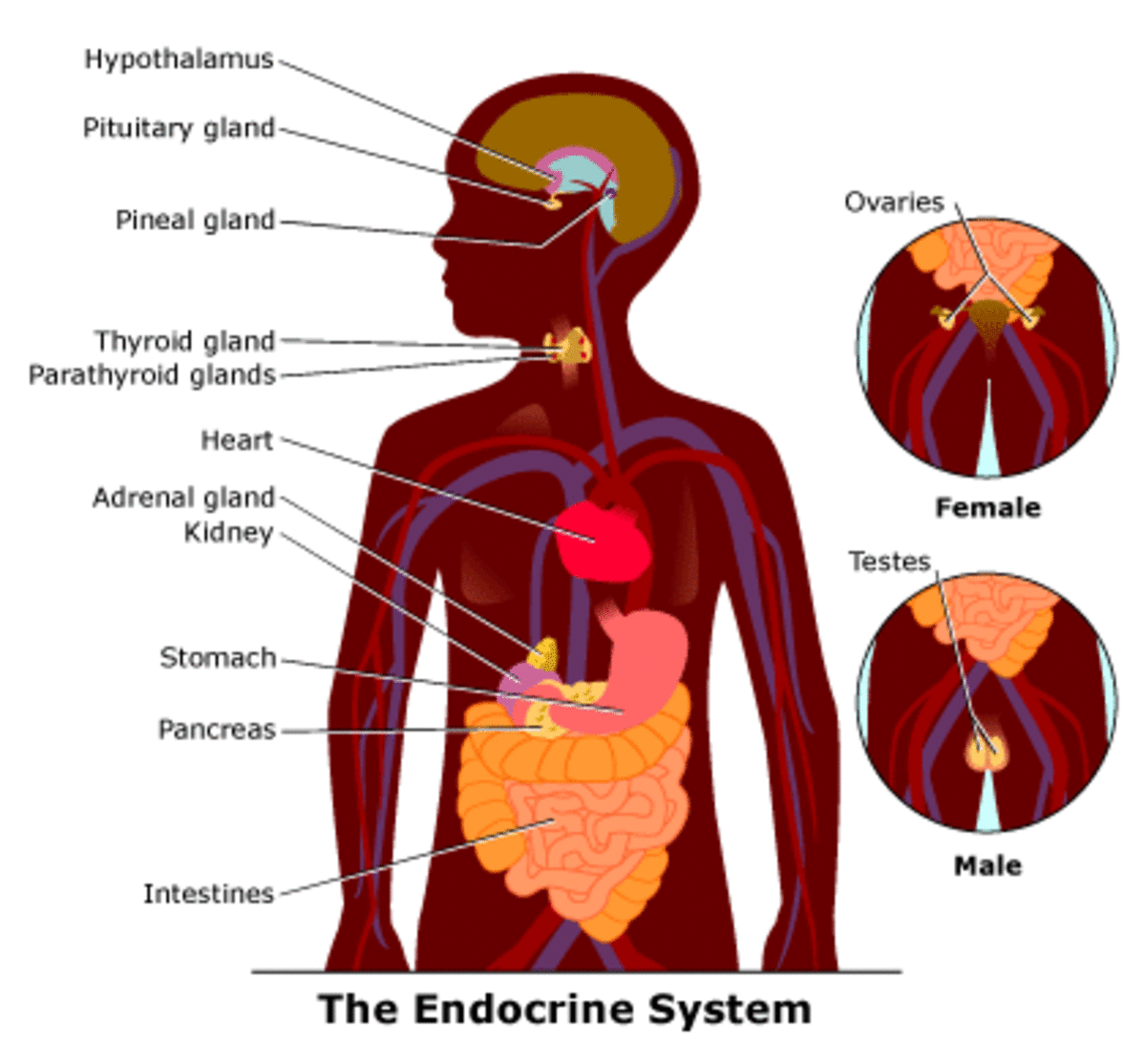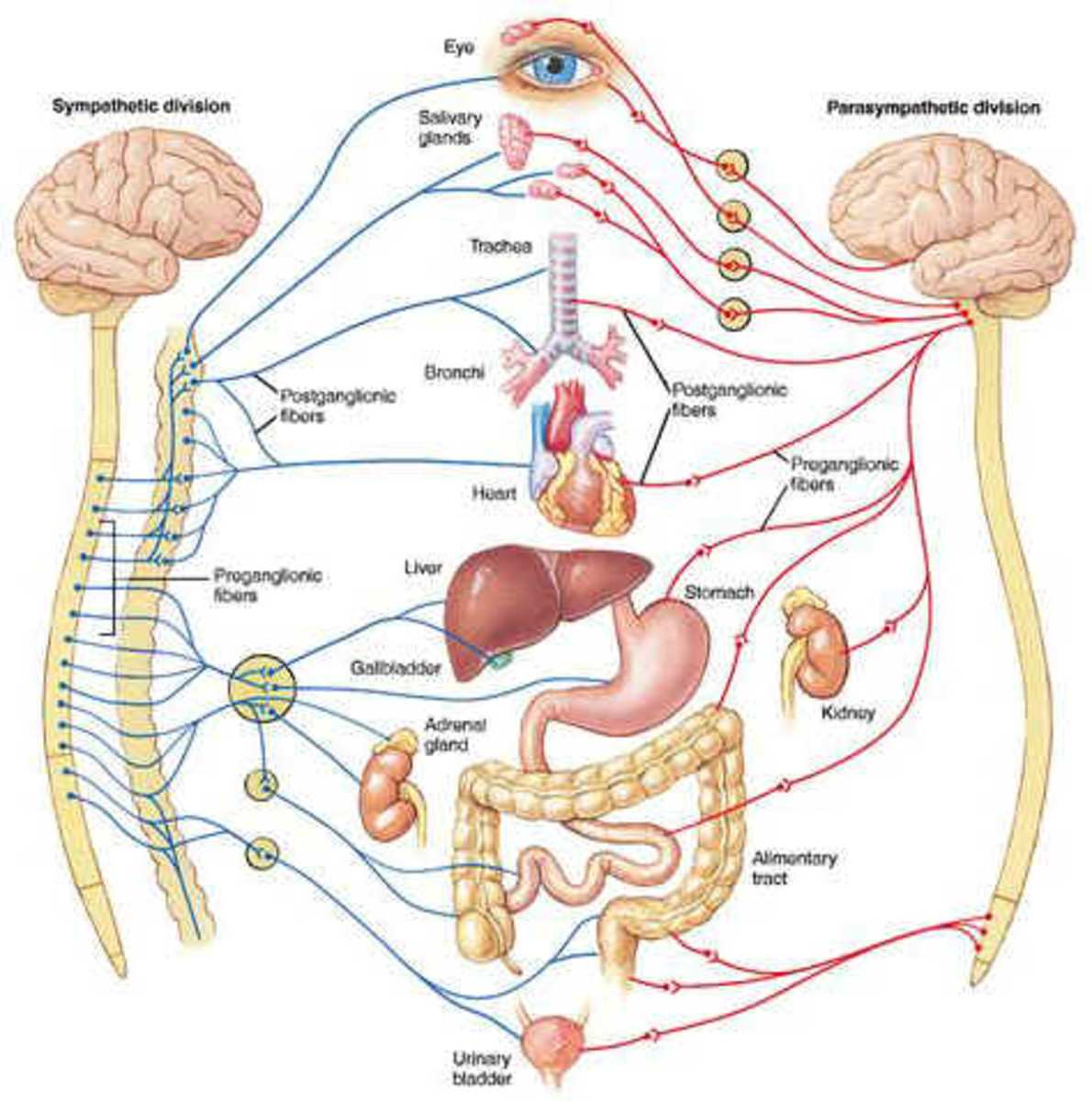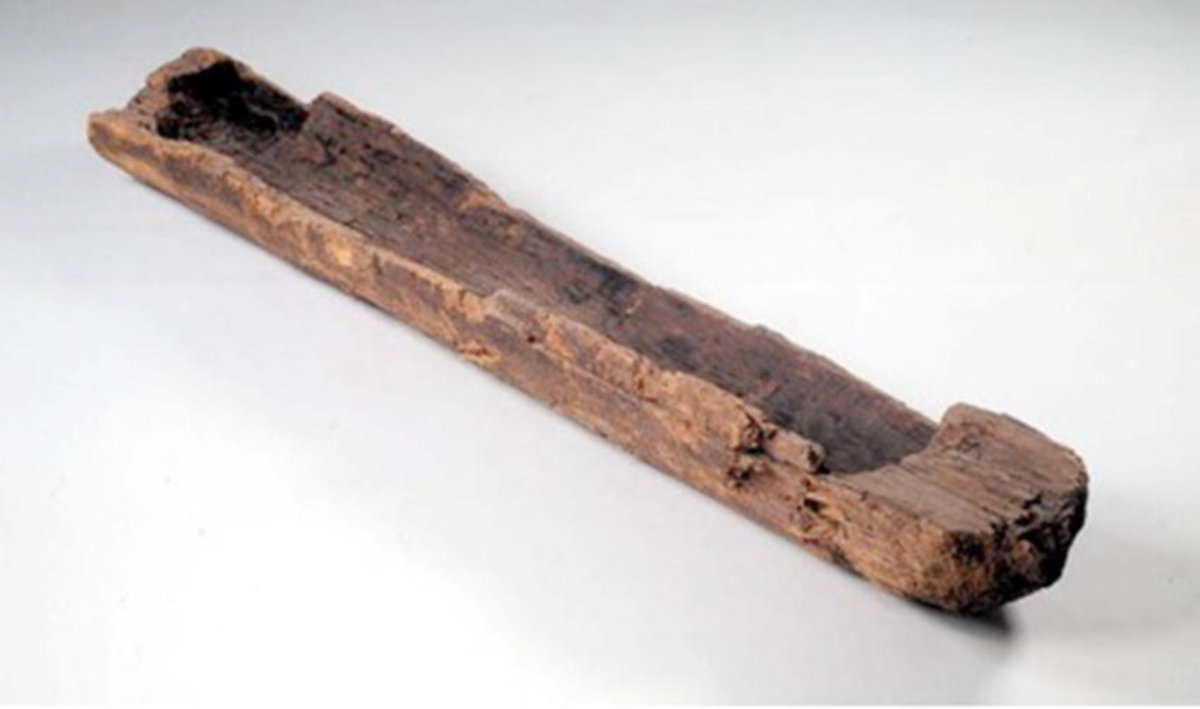Understanding the Function Of Human Endocrine System
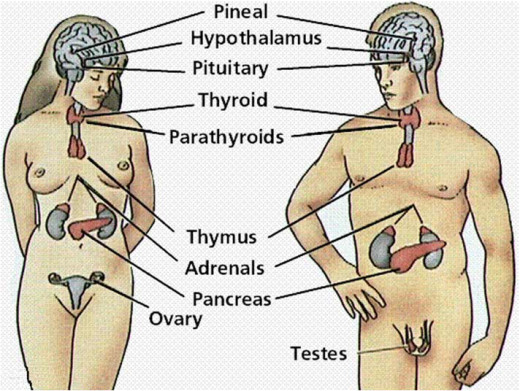
The Human Endocrine System
Human endocrine system is made up of ductless glands that control the processes of the body through secretion of hormones. The glands and the hormones affect the function of every cell and organ in our bodies. These hormones may regulate processes at close proximity tissues or may be transported in the bloodstream to specific target tissues and organs to do the same. It is true that the endocrine system is in charge of the slow processes of the body for instance cell growth and development, mood regulation, metabolism, reproduction and sexual function among others. Fast body processes such as body movement and breathing are regulated by the nervous system. However endocrine system and nervous system have to work in collaboration for the body to function properly.
In order to understand the endocrine system you have to understand what a gland is and its function. A gland is a set of cells that secretes or produces chemicals. Its work is to select and gather materials from the blood stream, process these materials and give off hormones which are the finished products. There are different types of glands some which release secretions in specific areas of the body. For example, exocrine glands such as salivary glands and sweat glands secrete chemicals in the mouth and under the skin respectively. On the other hand, endocrine glands secrete not less than twenty hormones direct to the bloodstream where they are transported to cells and tissues in other parts of the body.
Glands are supposed to release hormones in their rightful amounts otherwise under secretion or over secretion of hormones may result to illnesses of the endocrine system. Related diseases may also be as a result of failure of target tissues and organs to react to hormones efficiently. Hormonal imbalances can occur as a result of infection, stress related factors and change of minerals and fluids levels in the blood.
Hormones and glands form the basis of human endocrine system. Hormones transfer instructions and information from one group of cells to another group of cells. They act as the chemical messengers of the body.The function of the endocrine system is best explained by describing the nature of endocrine control. As already mentioned, the endocrine system works together with the immune system and the nervous system. The endocrine gland secretes hormone as a result of trigger by some substance concentration for instance glucose, potassium or calcium where the former is a biochemical product and the latter is a biological element. The trigger may be another hormone. A hormone that affects the function of the gland is known as a tropic hormone. Each gland is capable of detecting any small changes in body concentrations since it has rich supply of blood.
Some of the endocrine glands are controlled through a mechanism of negative feedback. An example is the parathyroid gland which depends on the calcium sensitive receptors' binding activity. There also exist crucial supplemental mechanisms that regulate endocrine system function. One such control mechanism is asparacrine control. It happens when two or more cell types found in one endocrine gland secrete different hormones exerting a modulating effect upon other cells' secretions.
Diagram of the Human Endocrine System
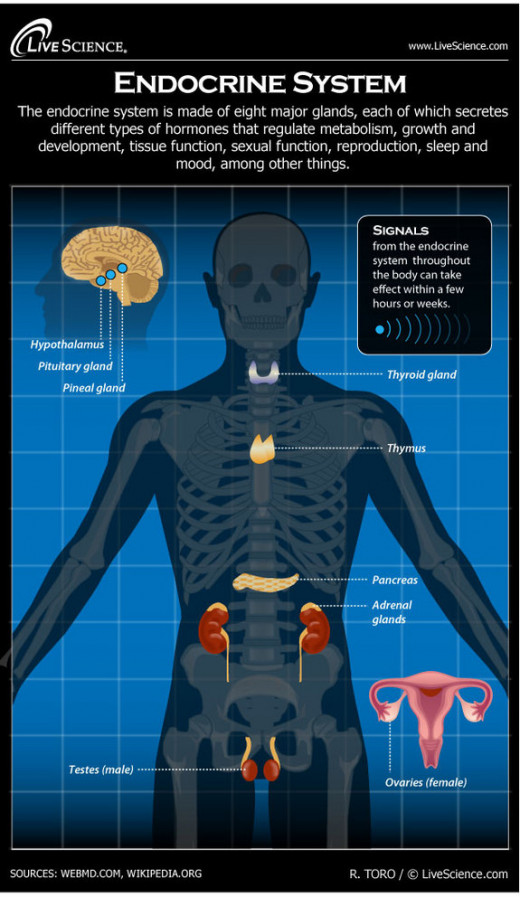
The human endocrine system Explain
Glands and their Functions
Major glands that make up the human endocrine system and their functions.
Hypothalamus- links the nervous system to the endocrine system through the pituitary gland.
Pituitary gland - Considered the most important part of the Endocrine System. It produces hormones that are sent to other glands to regulate endocrine functions, it also regulates growth hormones and stores the hormones produced by the hypothalamus.
Thyroid - Controls the rate at which food is turned into energy(metabolic rate) and also maintains and control blood calcium level.
Parathyroids - endocrine glands that produces parathyroid hormones.
Adrenal glands - produces hormones such as aldosterone, testosterone, cortisol, epinephrine (adrenaline) and norepinephrine (noradrenaline).
Pineal body or Pineal gland - produces serotonin derivative melatonin which is a hormone that controls our wake or sleep patterns and seasonal functions.
Pancreas - Produces Insulin, which regulates the level of sugar in the blood.
Reproductive glands (which include the ovaries and testes)
- Ovaries (found in females only) - produces ovum
- Testes (found in males only) - produce sperm (spermatogenesis) and testosterone.



